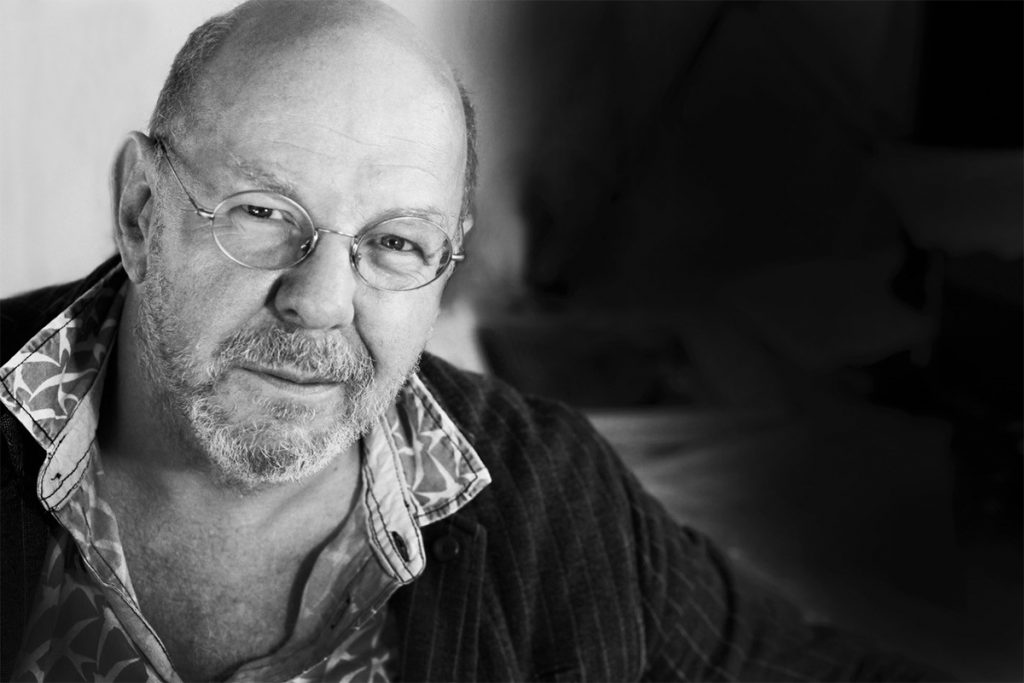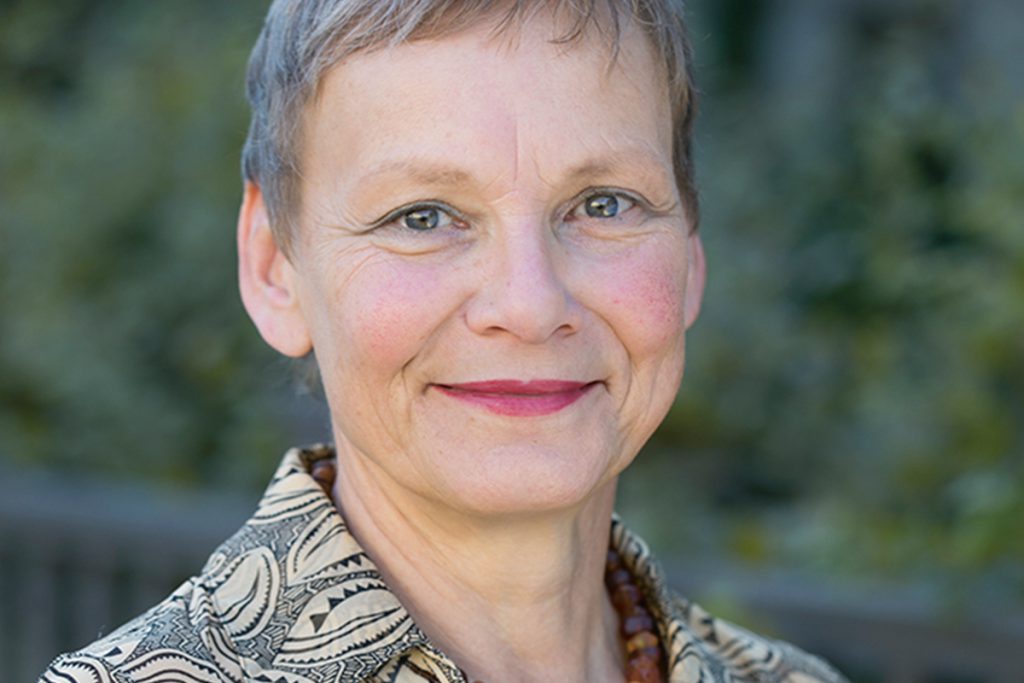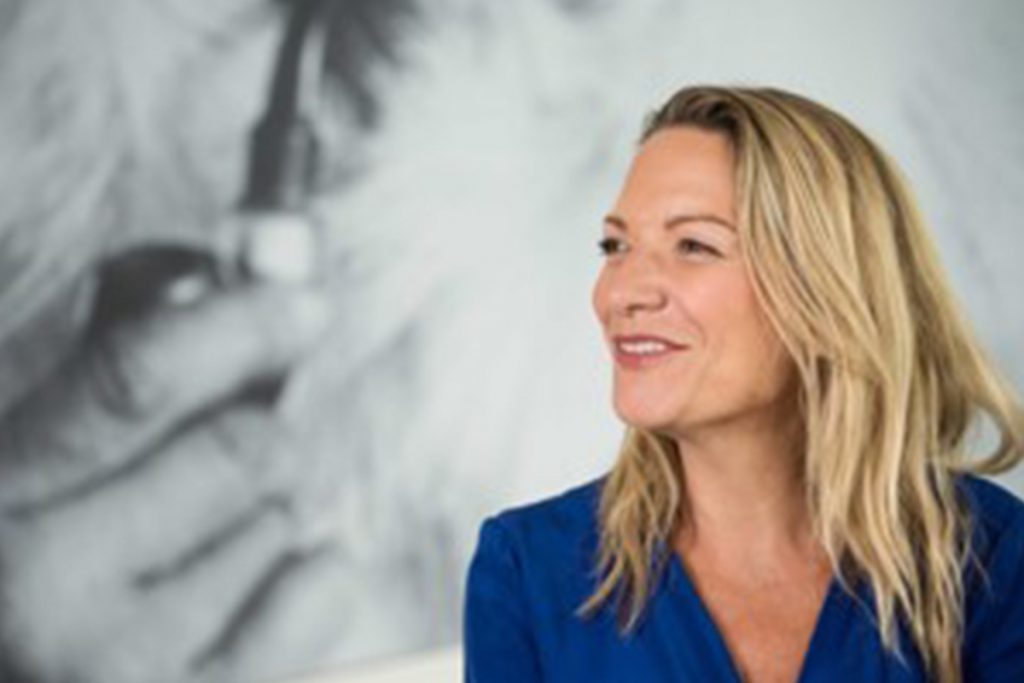initiators

Frank M. Raddatz Publicist, dramaturge at various theatres. Collaboration with Heiner Müller, Frank Castorf, Dimiter Gotscheff, Jannis Kounellis, Theodoros Terzopoulos, Einar Schleef and Tadashi Suzuki, among others.
Artistic director of international cooperation Mania Thebaia (Düsseldorf/Epidaurus) 2002 and Promethiade Athens – Essen – Istanbul 2010. 2007 to May 2014 in the chief editorial office of Theater der Zeit, since then Lettre International, Berlin. Member of the ITI. Raddatz teaches at various universities, currently at the HU Berlin. He published numerous works on aesthetics, literature and theatre theory, most recently “Das Drama des Anthropozän” (Theater der Zeit, Berlin 2021).

Prof. Dr.-Ing. Dr. Sabine Kunst was President of the Humboldt University of Berlin. Before she was Minister of Science, Research and Culture in Brandenburg until she took office in 2016.
Before that, the university lecturer and researcher held various executive positions, including President of the University of Potsdam and the German Academic Exchange Service (DAAD).
Her scientific work and international commitment have taken the researcher to a number of countries, for example to Bolivia, Mexico and Peru. Sabine Kunst studied biology, political science and water management at the University of Hannover from 1972 to 1982. In 1982 she received her doctorate in engineering, in 1990 in political science.

Antje Boetius is a professor of geomicrobiology at the University of Bremen and head of the joint research group “Deep-Sea Ecology and Technology” of the Helmholtz Association of German Research Centres and the Max Planck Institute for Marine Microbiology.
She also chairs the steering committee of Wissenschaft im Dialog and is director of the Alfred Wegener Institute in Bremerhaven. Antje Boetius supports the project “Theatre of the Anthropocene” with funds from the German Environmental Award she was awarded in 2018 and from project funds of her ERC Advanced Grant ABYSS, which she not only uses for technology developments but also science communication.
